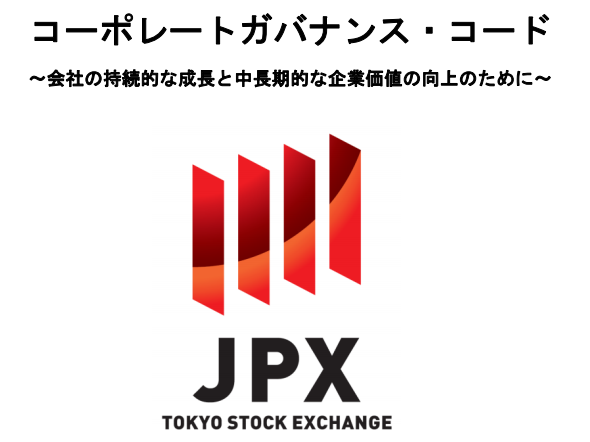Japanese companies continue to sit on a mountain of excess cash. According to Japan’s Ministry of Finance, this mountain actually grew to $1.5 trillion in 2015 from $1.4 trillion in 2011, despite substantial increases in dividends and stock buybacks. During that same period, capital expenditure shrank by more than half……….”
Tag: Stewardship
”How the ESG landscape is changing in Japan” – A participant’s personal observation of RI Asia 2016
”RI Asia 2016 took place at the Tokyo Stock Exchange on the 23-24th February, and was attended by approximately 400 domestic and international participants. As an ex-resident of London now based in Tokyo, it has been interesting to observe the changingESG landscape in Japan. RI Asia acted as a useful milestone to stop, reflect […]
” FSA – Stewardship Code : 205 institutional investors have signed up to the Principles for Responsible Institutional Investors”

”The Council of Experts Concerning the Japanese Version of the Stewardship Code (Chairman: Professor Hiroyuki Kansaku, The University of Tokyo) published the Principles for Institutional Investors (Japan’s Stewardship Code) in February 27, 2014. The Council requested the FSA to publish and periodically update the list of institutional investors who announced their acceptance of the Code.
”Corporate Boards Seeking Sustainable Corporate Growth and Increased Corporate Value over the Mid- to Long-Term”

The Council of Experts Concerning the Follow-up of Japan’s Stewardship Code and Japan’s Corporate Governance Code has published “Publication of “Corporate Boards Seeking Sustainable Corporate Growth and Increased Corporate Value over the Mid – to Long – Term.
”3 factors driving better corporate governance”

”Around the world, the corporate governance landscape is shifting, as efforts to improve business practices and policies gain support and momentum. The wave of reform has become visible everywhere – from tough new regulations in Japan to sovereign wealth funds like Norway’s Norges Bank Investment Management taking a more active approach to their investments – and it is certain to continue to rise.
Council of Experts Publication: “Corporate Boards Seeking Sustainable Corporate Growth and Increased Corporate Value over the Mid-to Long-Term”.

”The Council of Experts Concerning the Follow-up of Japan’s Stewardship Code and Japan’s Corporate Governance Code has published “Publication of “Corporate Boards Seeking Sustainable Corporate Growth and Increased Corporate Value over the Mid- to Long-Term……..”
Council of Experts Concerning the Follow-up of Japan’s Stewardship Code and Japan’s Corporate Governance Code – Third Meeting

These are the minutes of the meeting held on November 24, 2015 . The materials that were distributed at the meeting can be downloaded at the bottom of this entry.
Council of Experts Concerning the Follow-up of Japan’s Stewardship Code and Japan’s Corporate Governance Code – Second Meeting

These are the minutes of the meeting held on October 20, 2015. The materials that were distributed at the meeting can be downloaded at the bottom of this entry.
[Ikeo, Chairman] “Although it’s not yet the scheduled time, as all the prospective attendees are here, I’d like to open the second Council of Experts Concerning the Follow-up of Japan’s Stewardship Code and Japan’s Corporate Governance Code. Thank you very much for taking the time from your busy schedule.
Council of Experts Concerning the Follow-up of Japan’s Stewardship Code and Japan’s Corporate Governance Code – First Meeting

These are the minutes of the meeting held on September 24, 2015. The materials that were distributed at the meeting can be downloaded at the bottom of this entry.
”Proposals for Raising Productivity in Japan” (by Nicholas Benes)
 This is an English translation of a presentation in Japanese that I have given recently to several influential members of the government.The opinions are my own.
This is an English translation of a presentation in Japanese that I have given recently to several influential members of the government.The opinions are my own.
”The main reason why the Japanese economy is sluggish is because Japanese companies do not withdraw from unprofitable operations and/or engage in sufficient industry consolidation, and as a result corporate assets are not reallocated to their best uses.
⇒ To resolve this requires the following:
A. Further enhancing corporate governance, and pension governance
Further strengthen corporate governance, mainly through the ongoing review of the Corporate Governance code (see 1 below)
Improve the governance of pension funds via a number of measures (see 2 below)
B. Eliminating rigidities in the labor market
Create the new employment classification of “Type 2 regular employees” (see 3 below)
